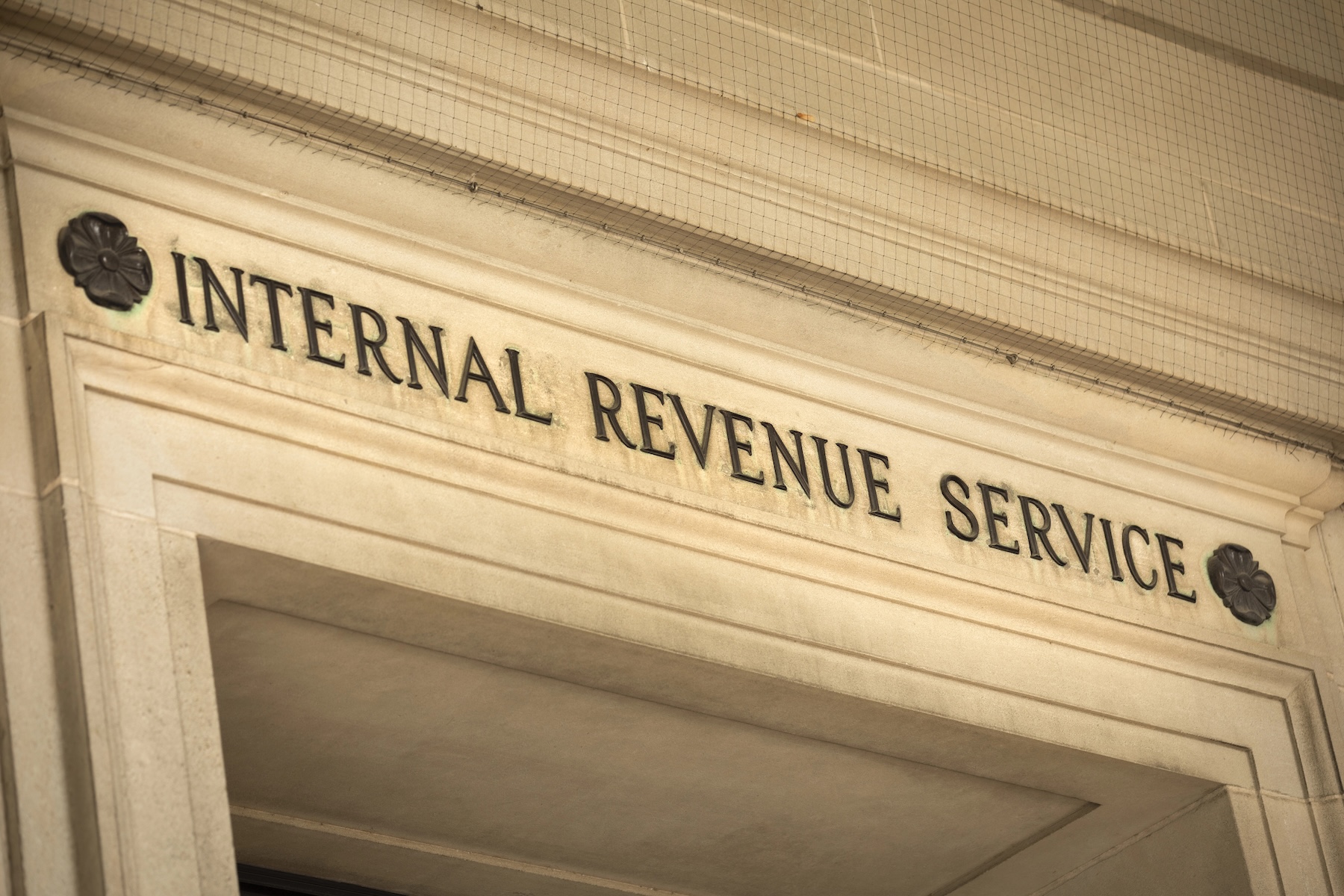68 Jobs Eligible For New “No Tax On Tips” Deduction


President Trump’s One Big Beautiful Bill Act (OBBBA) introduced a new provision that gives a tax deduction on tips for a defined set of workers. As part of the new law, the Treasury Department had to create a list of jobs that qualifies – and we have that list!
According to Axios, the Treasury Department described the list as “expansive but fair.” It groups the 68 occupations into eight categories, ranging from traditional restaurant roles to niche service positions.
Starting this tax year (when workers file their taxes between January and April next spring) many workers who routinely receive cash tips will now be able to claim a tax break that could meaningfully increase take‑home pay.
Effective for tax years 2025 through 2028, the rule permits employees and self‑employed individuals to deduct “qualified tips,” defined as voluntary cash or charged tips received from customers or shared among staff. The maximum annual deduction is $25,000. For self‑employed earners, the deduction cannot exceed the net income generated by the business that produced the tips.
Eligibility does not depend on whether a taxpayer itemizes deductions: both itemizers and non‑itemizers may claim the benefit. However, certain self‑employed professionals operating within a Specified Service Trade or Business (SSTB) under section 199A are excluded, as are employees whose employers fall into an SSTB.
To claim the deduction, taxpayers must include their Social Security number on the return and, if married, file jointly (you cannot file your taxes “Married Filing Separately” and claim the deuction). Employers are required to submit information returns to the IRS (or the Social Security Administration) and provide workers with statements that detail cash tips received and the corresponding occupation. This will typically be included on Form W2.
The Treasury has set an October 2, 2025 deadline for the IRS to publish the official occupation list in the Federal Register, along with guidance on reporting requirements.
According to the report by Axios, the following list of jobs are set to be published in the Federal register this week:
For many households, especially those relying on multiple part‑time or gig‑based jobs, the ability to shield tips from taxation can translate into noticeable benefits. This can help with a monthly budget goal, paying down student loan debt, and more.
The phase‑out thresholds ($150,000 for single filers and $300,000 for joint returns) makes the benefit primarily support middle‑income earners. Families whose combined earnings sit below these limits stand to keep more of the money earned through tips.
Beyond immediate personal gains, the policy may influence employers to better report tips and invest in tools to make tipping easier.
Overall, the “no tax on tips” provision represents a targeted effort to recognize the value of tip‑based compensation across a wide swath of the economy. As the IRS finalizes the occupational list and related rules, workers and families should be ready to claim the deduction on their next tax return.
Don’t Miss These Other Stories:

Student loans often follow borrowers for years, sometimes decades. Even people who fully understand how much they borrowed can feel...

It was a busy week for RIA aggregators. There were a few large moves, including $235 billion multi-family office Cresset...

Blog Posts Archives UnfavoriteFavorite February 27, 2026 Weave: The Social Fabric Project Subscribe to Weave’s Newsletter This story was originally...